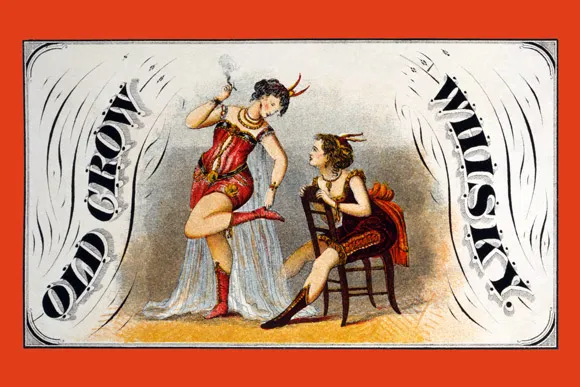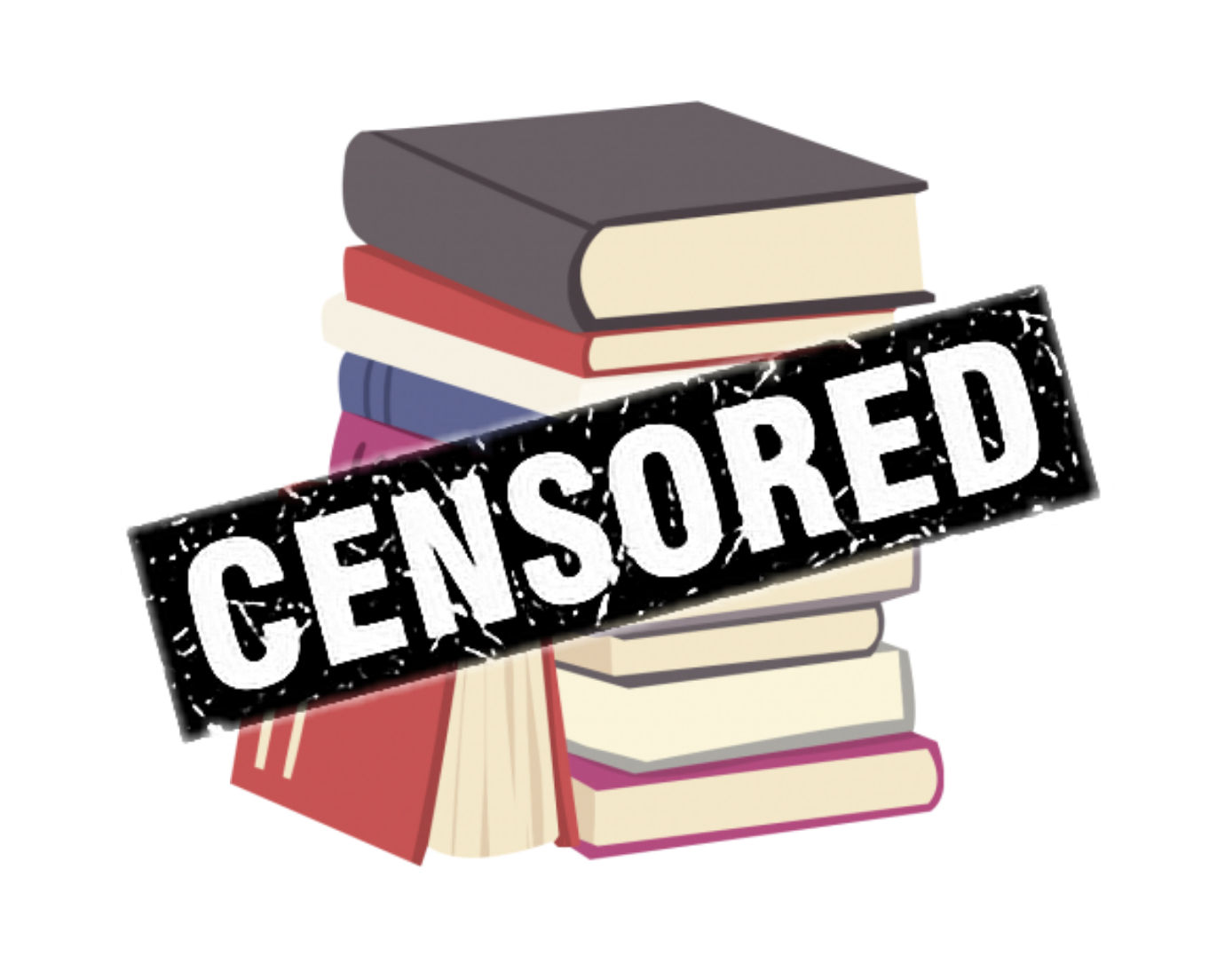rashemamelson.org – “Frog Music” by Emma Donoghue is a richly woven historical novel set in the tumultuous summer of 1876 in San Francisco. Inspired by true events, the book combines elements of mystery, drama, and historical fiction to tell a gripping story centered around an unsolved crime.
A Vibrant Setting
The novel is set against the backdrop of a sweltering heatwave and a smallpox epidemic that engulfs San Francisco. Donoghue skillfully brings to life the vibrant yet perilous environment of the city during this era, immersing readers in its sights, sounds, and challenges.
The Characters
At the heart of “Frog Music” is the story of Blanche Beunon, a French burlesque dancer, and her unexpected friendship with Jenny Bonnet, a frog-catching, cross-dressing woman. Their lives become intertwined in a narrative filled with intrigue and tension. Donoghue’s portrayal of these characters is both vivid and nuanced, capturing their complexities and desires.
The Mystery
The central mystery of the novel revolves around the murder of Jenny Bonnet. As Blanche navigates the dangerous streets of San Francisco to uncover the truth, the story delves into themes of identity, freedom, and survival. The unsolved crime provides a compelling framework for exploring broader social issues of the time.
Themes and Style
Emma Donoghue’s “Frog Music” is notable for its lyrical prose and meticulous attention to historical detail. The novel explores themes of gender, power, and resilience in a society marked by inequality and upheaval. Donoghue’s narrative style is both engaging and evocative, drawing readers into the emotional depths of her characters’ lives.
Conclusion
“Frog Music” is a captivating read that blends historical fact with imaginative fiction. Emma Donoghue crafts a story that is as entertaining as it is thought-provoking, offering a window into a fascinating period of American history. Through its memorable characters and intriguing plot, the novel invites readers to explore the complexities of human relationships and the enduring quest for justice.

